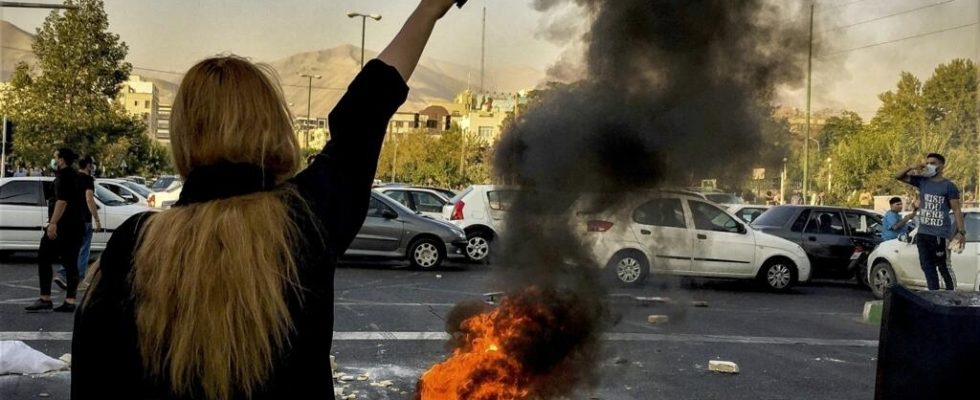In Iran, the justice chief said that more than 22,000 people arrested during recent protests have been pardoned and that 25,000 formerly convicted prisoners have also been released. A way for the regime to show that it has regained control of the situation while death sentences continue to be pronounced against the leaders of the protest.
With our correspondent in Tehran,
These numerous releases take place within the framework of a broad amnesty announced by the Iranian Supreme Leader, on the occasion of the 43rd anniversary of the victory of the Islamic revolution, on February 11th. In total, more than 80,000 people have benefited from these amnesty measures.
According to the Chief Justice, more than 47,000 people have been released and more than 35,000 have had their prison terms reduced. It is the first time since the victory of the Islamic revolution that there is such an amnesty measure. And still according to the head of Justice, other people could also be released soon.
► To read also: Iran: can an amnesty for prisoners silence the protest?
Situation under control
With these amnesties, the Iranian government wants to show that it is not threatened and that it has regained control of the situation. Tehran also wants to show that it does not rely solely on repression. In fact, for two months now, there are no more protests across the countrywith the exception of the city of Zahedan where Sunni worshipers demonstrate every Friday after collective prayer.
The Supreme Leader, however, clarified that these amnesty measures do not concern those who have committed murders, attacked with weapons members of the security forces or attacked and set fire to official buildings are excluded from these amnesty measures. In reality, it is not known how many people have been arrested since the beginning of the protest movement after the death of Mahsa Amini arrested by the morality police.
Amnesty for protesters, death sentences for ringleaders
At the same time, several people have been sentenced to death in recent days for having taken part in armed actions against the security forces. Power therefore plays on both counts. Amnesty for the simple demonstrators but very heavy death or prison sentences for the leaders.
Finally, there is a very clear relaxation of the veiling for women. In the street, cafes or shopping malls, many women and young girls do not wear the veil or headscarf. Obviously, the authorities have decided to release the pressure on women to calm the situation. Uniforms were imposed in pharmacies for employees or a hotel was closed in Kachan, a historic town where women did not respect the wearing of the veil.
► Read also: Iran: women tell of their determination to continue the fight despite the repression
